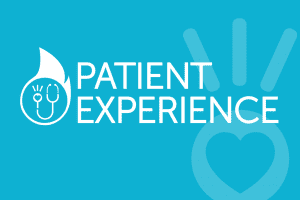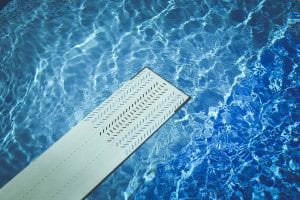A recent press release from the French biopharmaceutical company Inventiva announced that the Food and Drug Administration (FDA) had granted the company’s experimental mucopolysaccharidosis VI (MPS VI) drug odiparcil rare pediatric disease designation (RPDD).
Upon the approval of odiparcil’s New Drug Application (NDA), an RPDD grants Inventiva a Priority Review Voucher that can be redeemed at a later point for a different product. Think of it as a bonus to sweeten the pot for those who might develop drugs for rare pediatric illnesses.
About Mucopolysaccharidosis
Mucopolysaccharidosis (MPS) is a group of conditions characterized by the body’s inability to effectively break down long sugar molecules called mucopolysaccharides. As a result, these sugars build up in cells, blood, and tissue. As you may have already guessed, that can cause a few problems.
There are several different subtypes of MPS, which affect the body in different ways. MPS VI, the particular subtype targeted by odiparcil, is characterized by the progressive enlargement and inflammation of a number of tissues and organs. Many individuals with MPS VI also display skeletal abnormalities.
MPS VI is thought to occur once in somewhere between 250,000 and 600,000 newborns. The exact number is difficult to reckon, due to inadequate access to healthcare and diagnostic medicine in many parts of the world.
Odiparcil’s Rare Pediatric Disease Designation
The FDA grants rare pediatric disease designation to products designed for the treatment of serious, often life-threatening diseases that primarily affects minors (those under 18) and also fewer than 200,000 people in the United States.
When a product that has received an RPDD has its NDA approved (one of the final steps in getting a drug to market), the recipient company also receives a voucher for a priority review of a future NDA for a different drug. A NDA can take up to 12 months to review and approve under normal circumstances – with a priority review voucher, the review time can be as much as halved.
If that wasn’t a good enough deal, the vouchers are completely transferable – meaning companies are allowed to, and often do, auction off such vouchers to the highest bidder. They’re wildly valuable, with prices going from as low as $67.5 million to as high as $350 million.
RPDDs are another example of an incentive offered by the federal government to drug manufacturers. Do you think this is a good program? Why or why not? Share your thoughts with Patient Worthy!






